Opportunities for GrowthTrauma shatters our lives in so many profound ways.
While it takes tremendous effort to heal, it can also produce some incredible opportunities for growth.
0 Comments
Resentments Are Toxic to RelationshipsRepeated experiences of slights and mistreatments that are unresolved build resentment in relationships.
When we address them along the way, they have less power over us and our relationships have a better opportunity to function at their best. Work Friendships Are ComplicatedWork friendships are often complicated with competing personal and professional needs.
We need to recognize the signs when they become toxic so that we can limit our contact or set stronger boundaries. Neglecting Ourselves to Protect OurselvesWhen life is especially painful and challenging we can lose ourselves in the process.
It’s often a defense to protect ourselves. Take a Time Out When NeededWhile we may have an urgency to resolve conflict, when things escalate too far it’s much more likely that we won’t do it well.
Instead, we need to take a break — at least 20-25 minutes — and come back at it when we’re more capable of thinking clearly. Scapegoats See the Family DysfunctionHave you felt like a lone wolf in your family that gets a lot of pressure to blend in?
Being the family scapegoat is a challenging position to be in but also gives greater freedom to chart our own course. Good Enough is EnoughGiving ourselves the grace of “good enough” is a gift that keeps on giving.
The irony is that we’re often able to do/be better than we otherwise would in chasing the mythical place of perfection. Coming Back to the PresentIt’s easy to “future trip” when our present is already so challenging.
Instead of worrying about a future that may never come to fruition, coming back to the present moment and cultivating moments of playfulness, pleasure, connection and gratitude is the antidote. Why We Lose Our ChildhoodWhen we’re forced to grow up too fast, we still have childlike needs that need to be met in adulthood.
Understanding what caused us to lose our childhood and ways to reparent ourselves in adulthood is the beginning. How We Respond MattersCurrent life events can bring out the worst in others.
How we respond to people being rude has an impact on our emotional health and well-being. Why We Do What We DoWhen we find ourselves doing things that ultimately drain us, it’s frequently because we’ve internalized dysfunctional societal expectations.
Caring for Our Inner ChildNo one has a “perfect” childhood but the need to reparent ourselves is especially critical when our needs were consistently unmet.
Childhood wounds can interrupt our lives into adulthood but thankfully we can still learn, heal and grow. Finding the Right BalanceAnything taken to an extreme can become problematic.
We don’t need to attend to all feelings and all thoughts. Core Values Connects Us to What MattersWhen we’re connected to our life’s purpose and prioritize this in our daily lives, we live more fully.
Characteristics of CodependencyWhen we experience being codependent, we miss opportunities for more enjoyable ways of relating.
Striking a balance between independence and autonomy while also having connection and togetherness is not easy to achieve — interdependence. Childhood Abuse Impacts Us into AdulthoodAn integral part of healing from childhood abuse is recognizing the ways that it impacts us in the present.
Benefits of NeurotransmittersHaving our hormones in balance helps us live life more fully.
There are many things we can do to naturally boost the right amounts of chemicals in our bodies. Introversion is Not Social AnxietyWe can confuse introversion with social anxiety, but they’re very different.
Introversion is a personality characteristic where we feel re-energized by spending alone time. It doesn’t mean we don’t also like being around people. Relationships Activate Past WoundsOur most intimate relationships have a way of activating our past wounds and bringing to light the areas we need to work on.
Know that while relationships can be messy they can still be worth the price of admission. Living Our Most Authentic Lives MattersOne of the questions I get asked the most as a therapist is, “Am I normal?”
Underneath this question is often a desire to fit in, to belong, and to know that we’re not alone. More Compassion, Less StigmaWe’ve received so many messed up messages about food, eating, and our bodies that we can internalize these messages in harmful ways.
Instead of pathologizing and discriminating against diverse bodies, let’s appreciate all the colors of the body rainbow. Imposter Syndrome Can Bring Growing PainsOne of my most memorable experiences feeling “Imposter Syndrome” was walking down the hallway of my new therapy office to greet my first client ever in private practice almost 22 years ago.
Feeling the anxiety of intense self-doubt can be paralyzing but it also can be the result of growing pains. Toxic Positivity is a Psychological BypassWhen we deny anything considered “negative” in our lives and turn everything into a positive, we limit our natural experiences in life and we become less authentic.
Toxic positivity is fake positivity that becomes a psychological bypass over anything uncomfortable. Healing Comes With Progress & Set BacksHealing is often a slow and steady process with plenty of setbacks.
That’s perfectly okay. How We Use Our Time MattersWe don’t automatically heal or gain wisdom with the passing of time.
It’s how we use our lived experiences that gives us that. |
Categories
All
Archives
March 2022
�
|
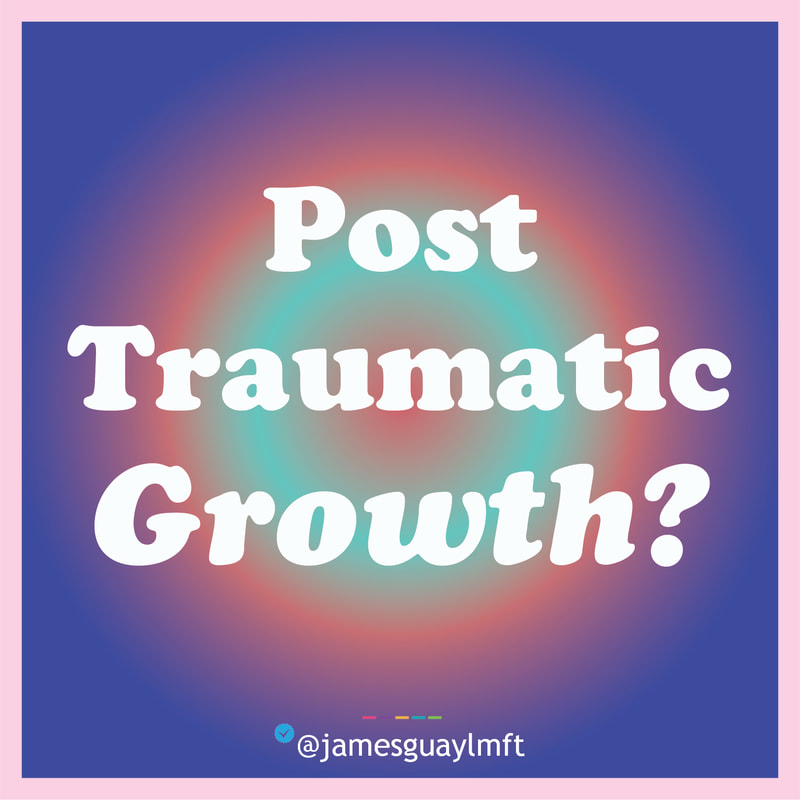
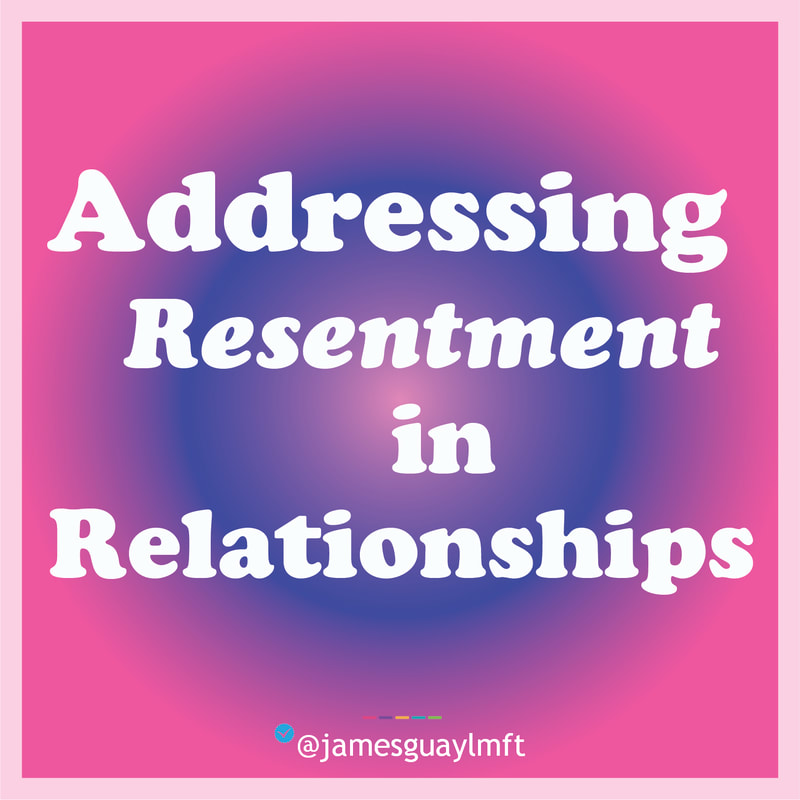
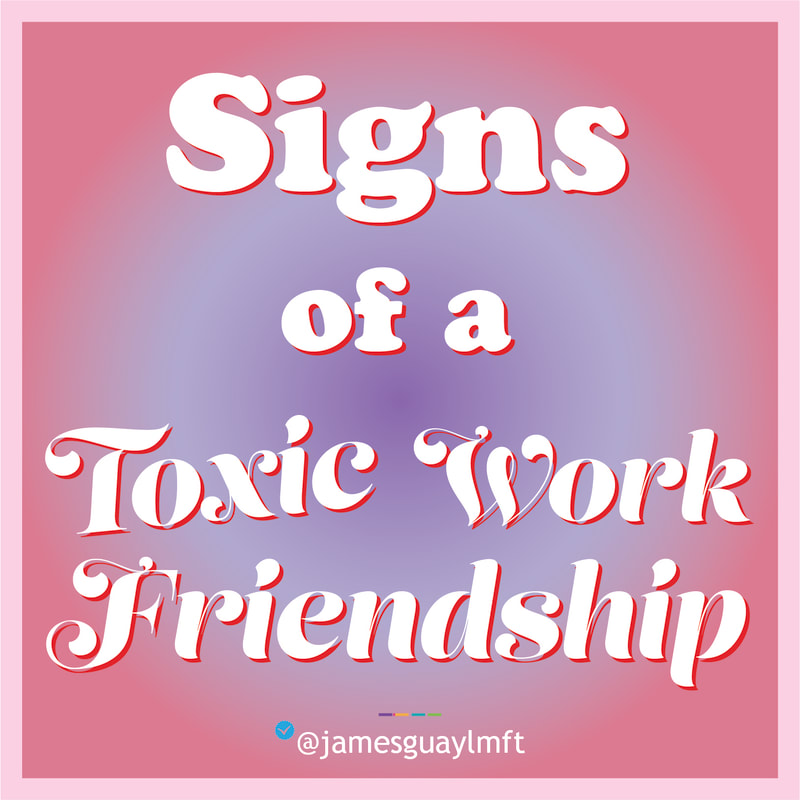
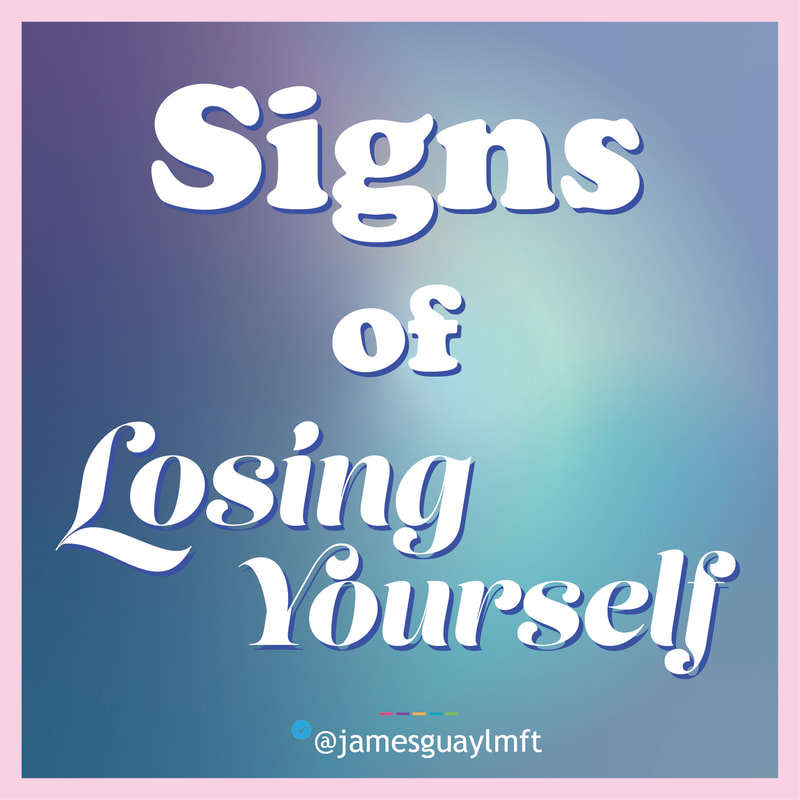
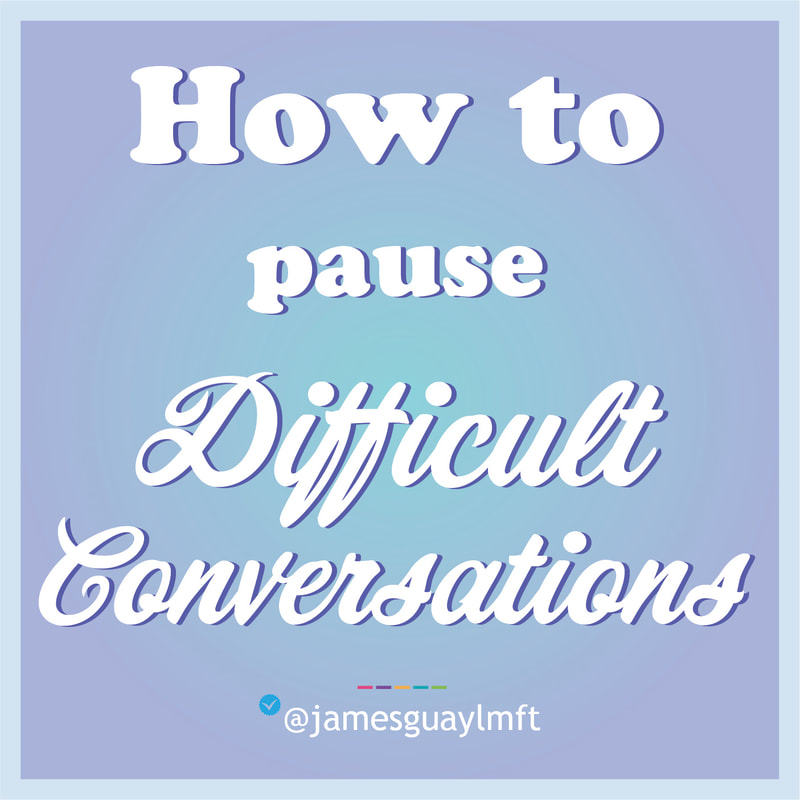

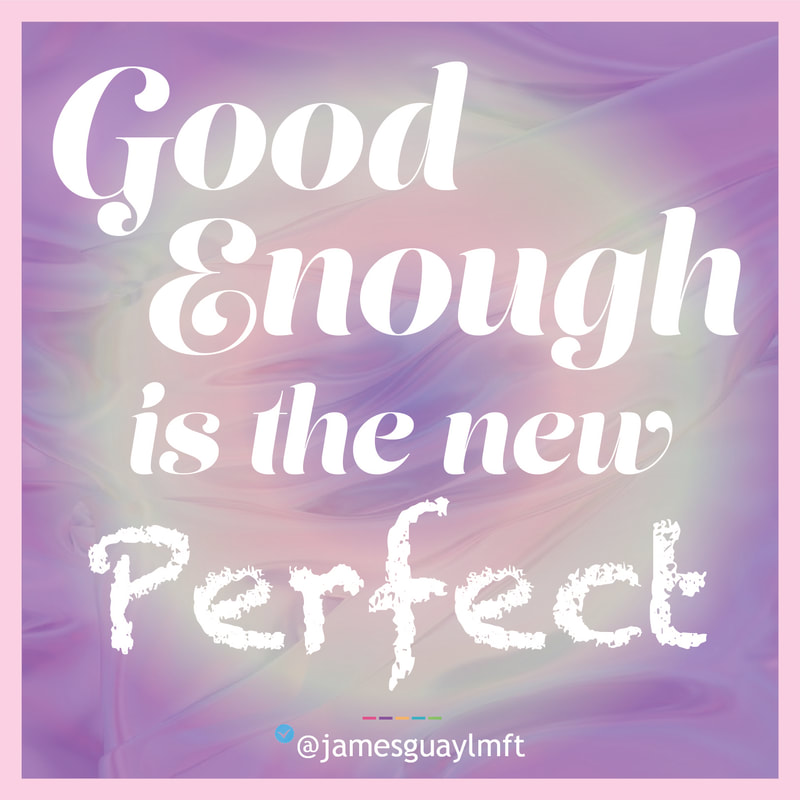
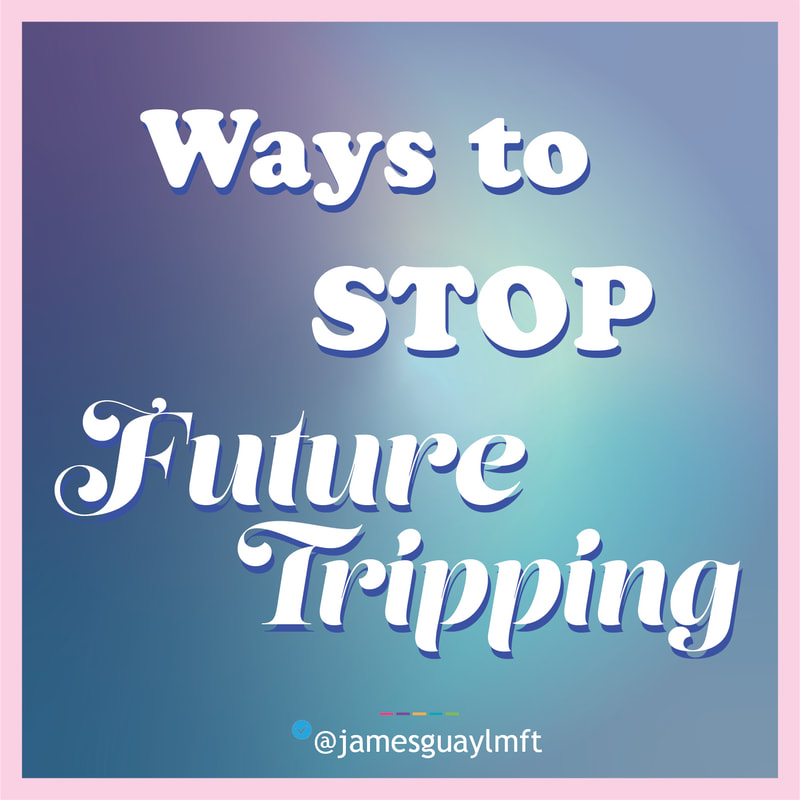
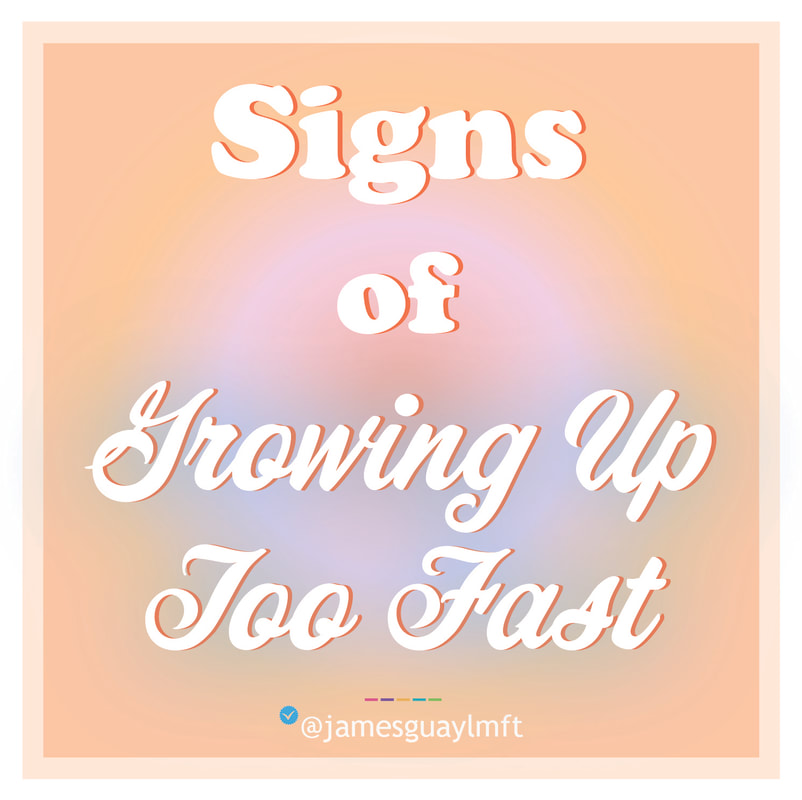
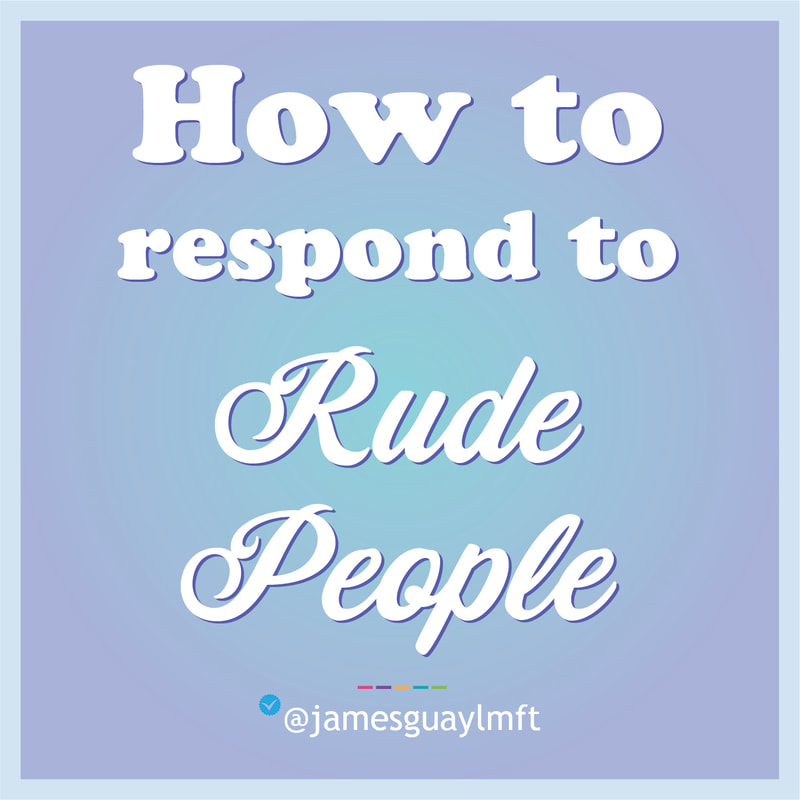
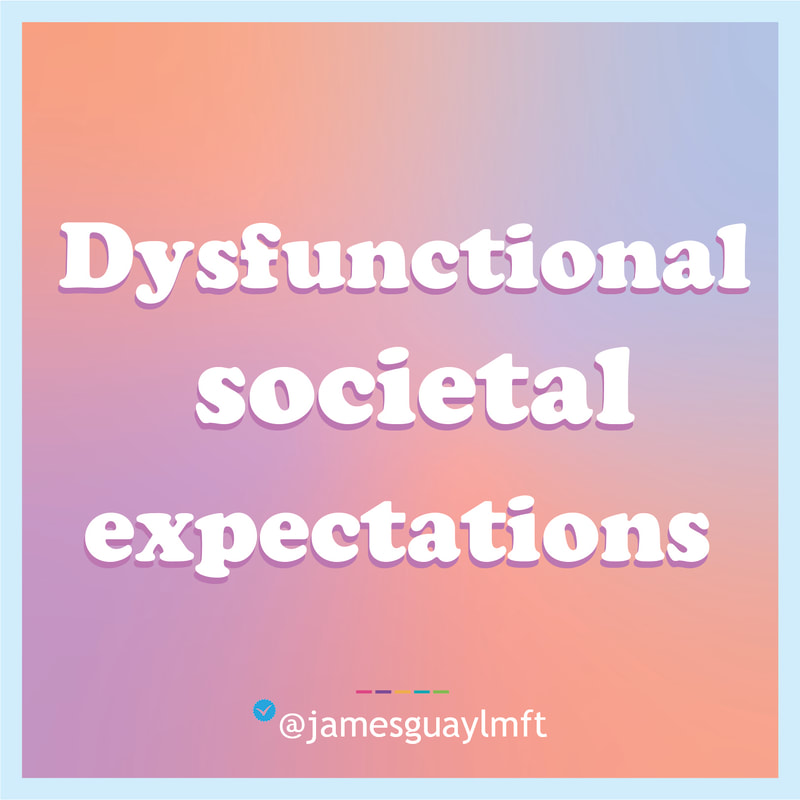
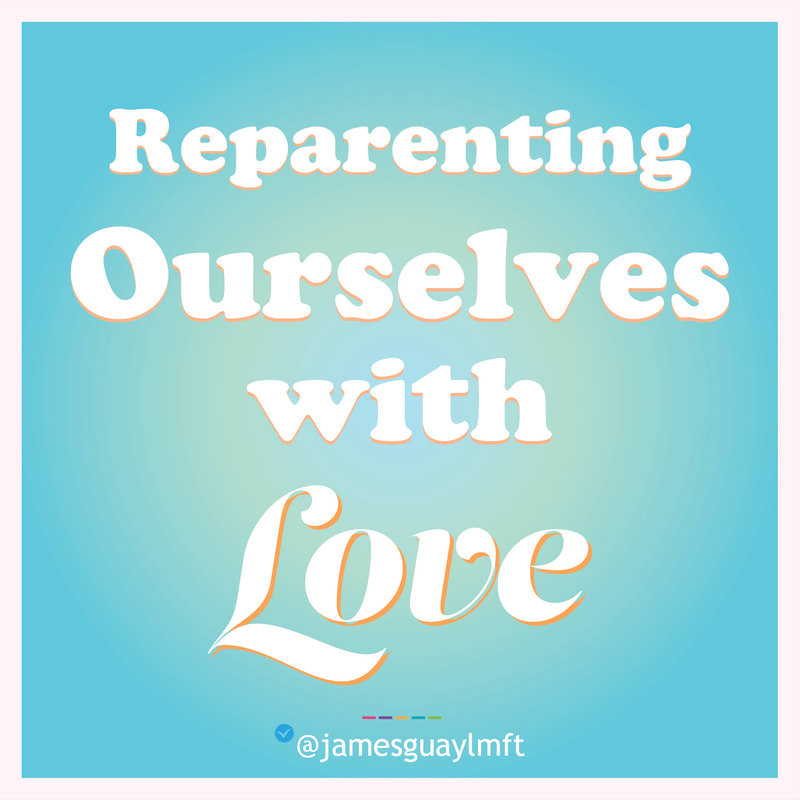
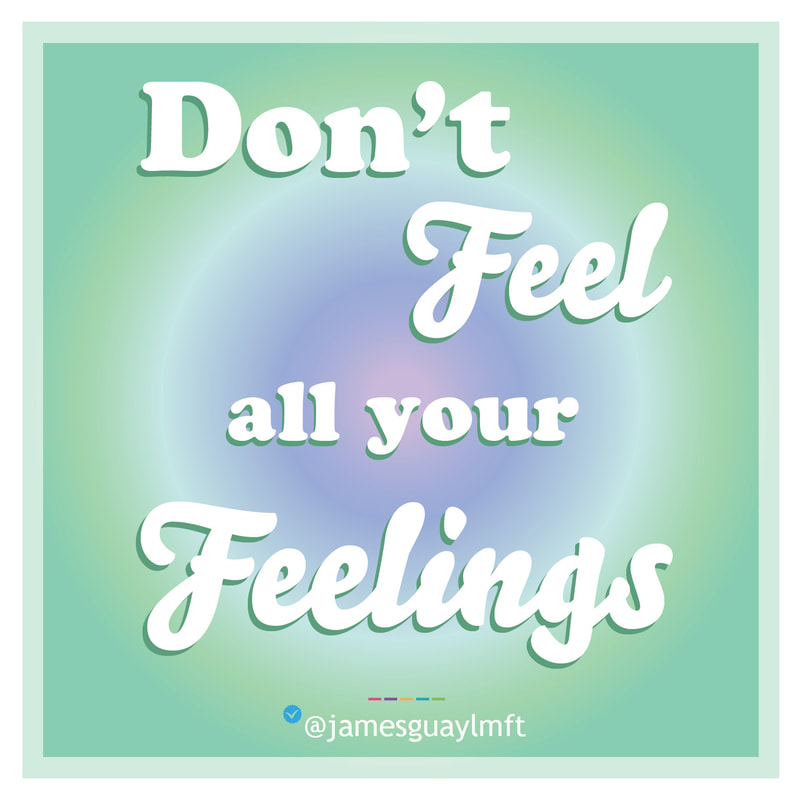
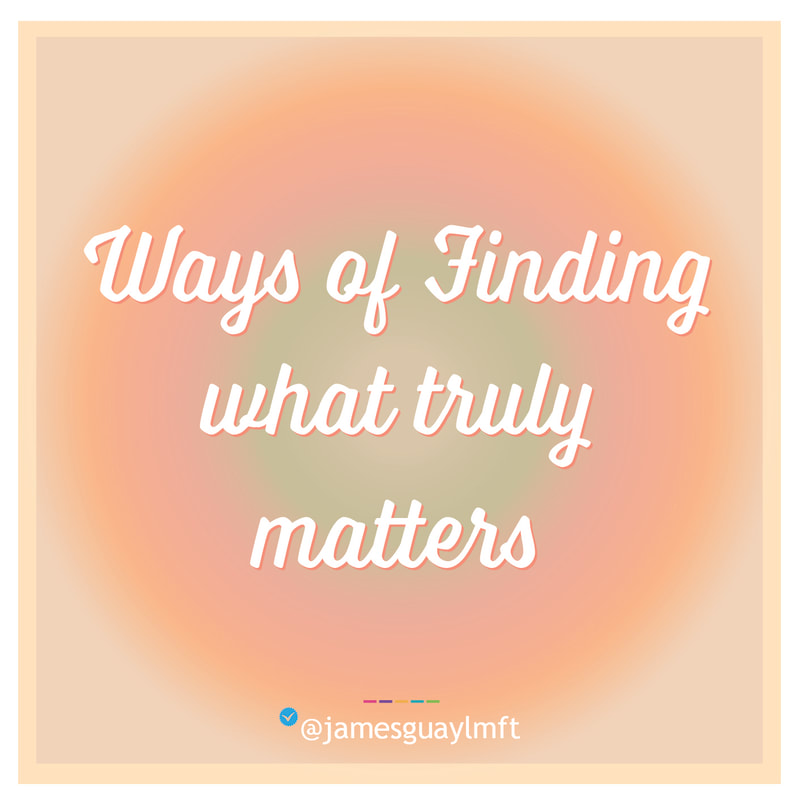

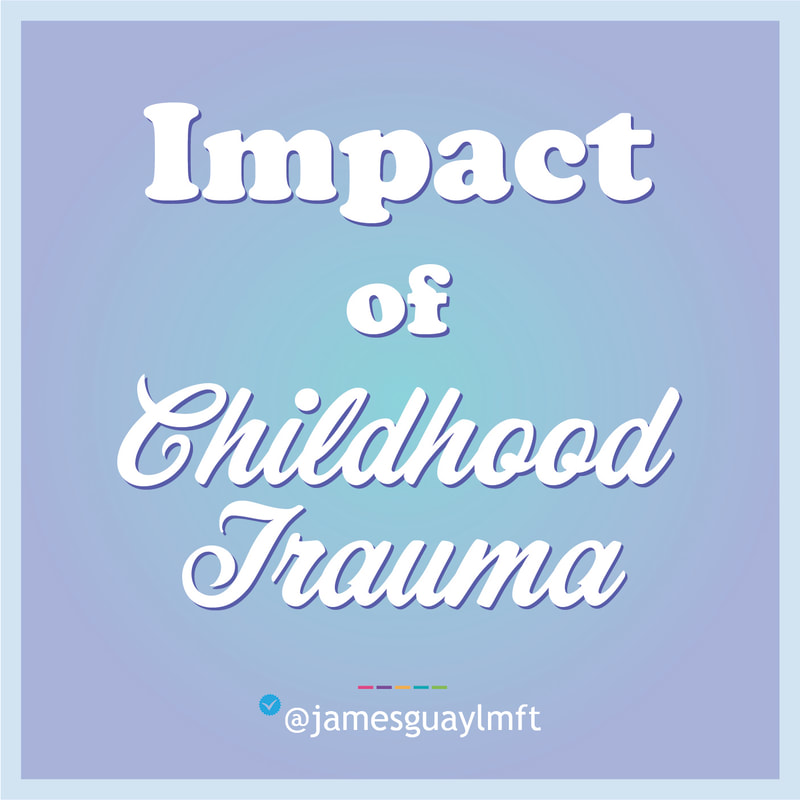
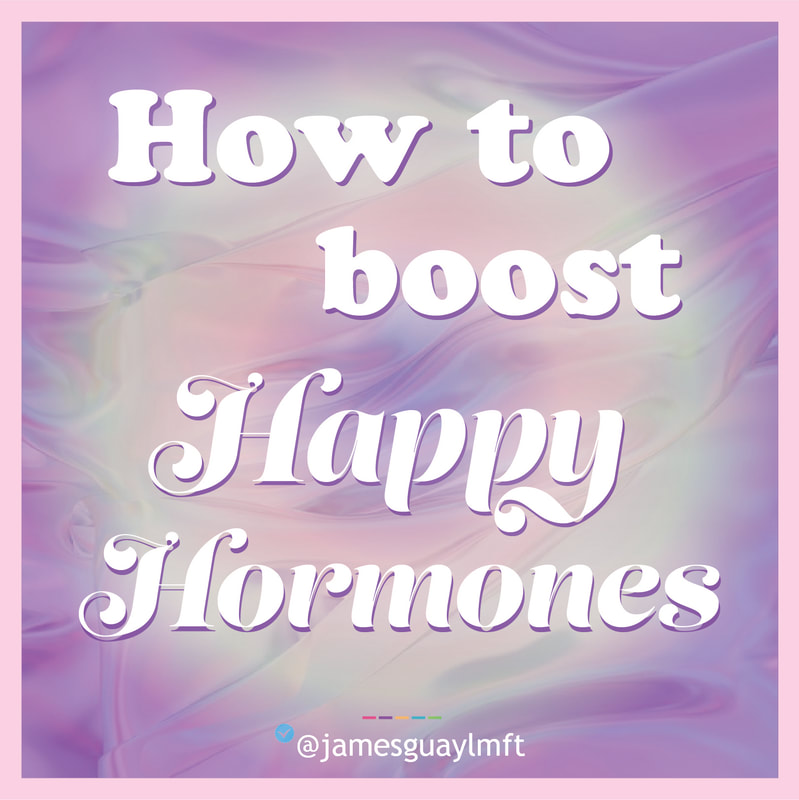
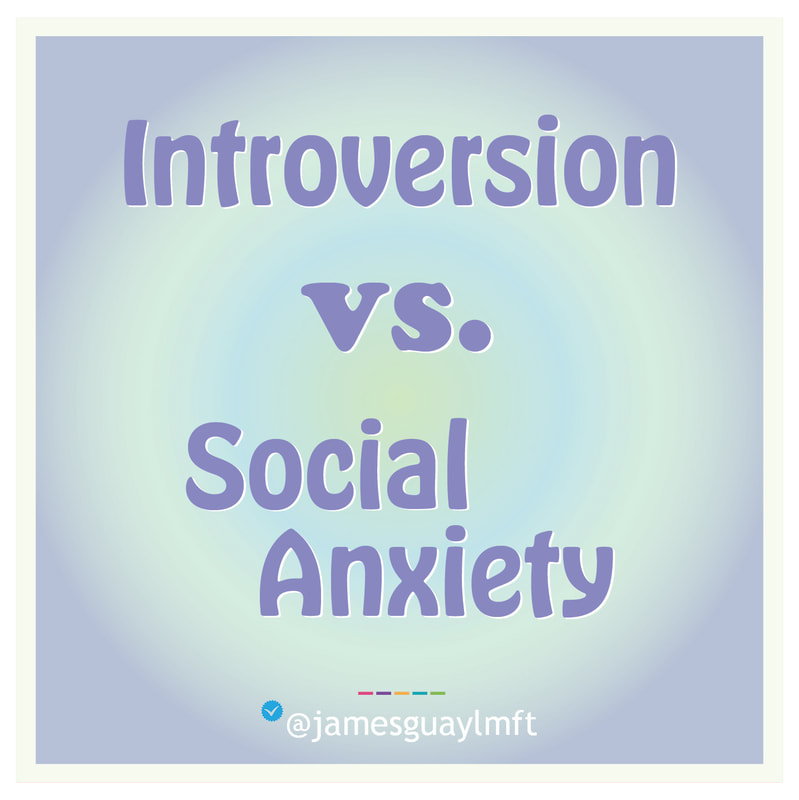
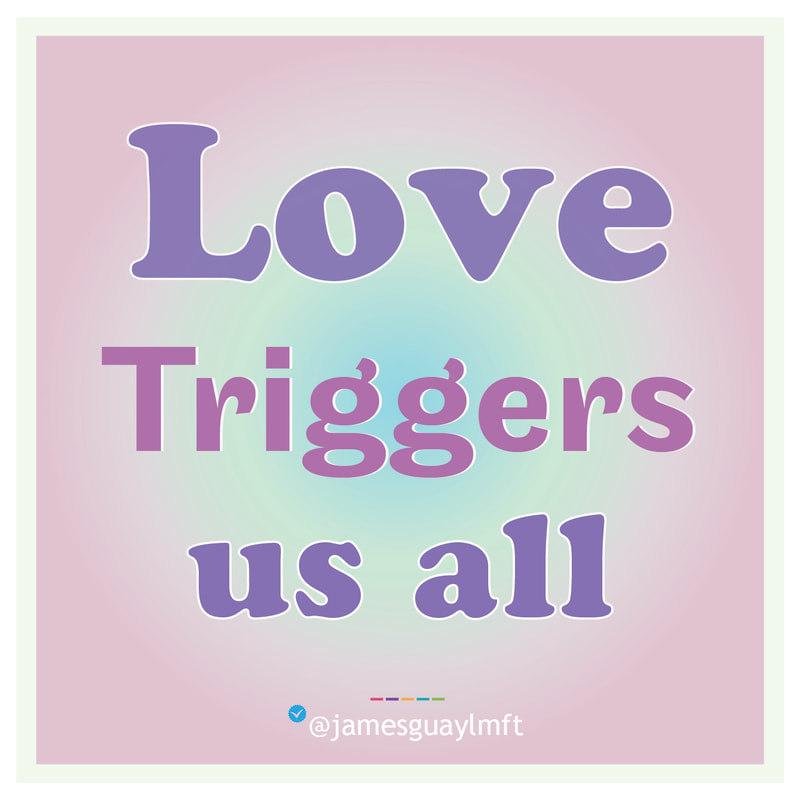
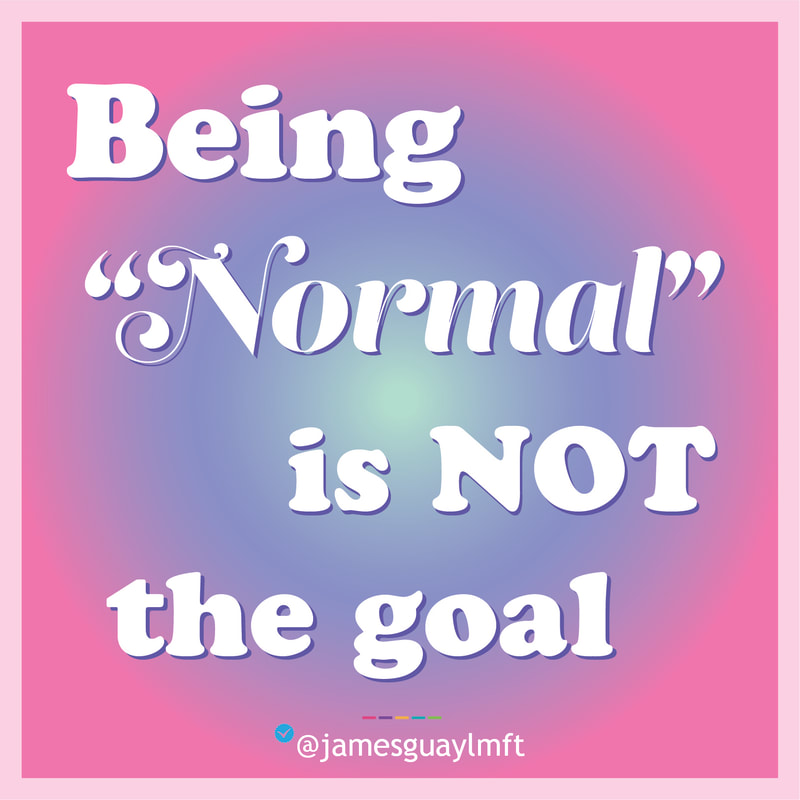
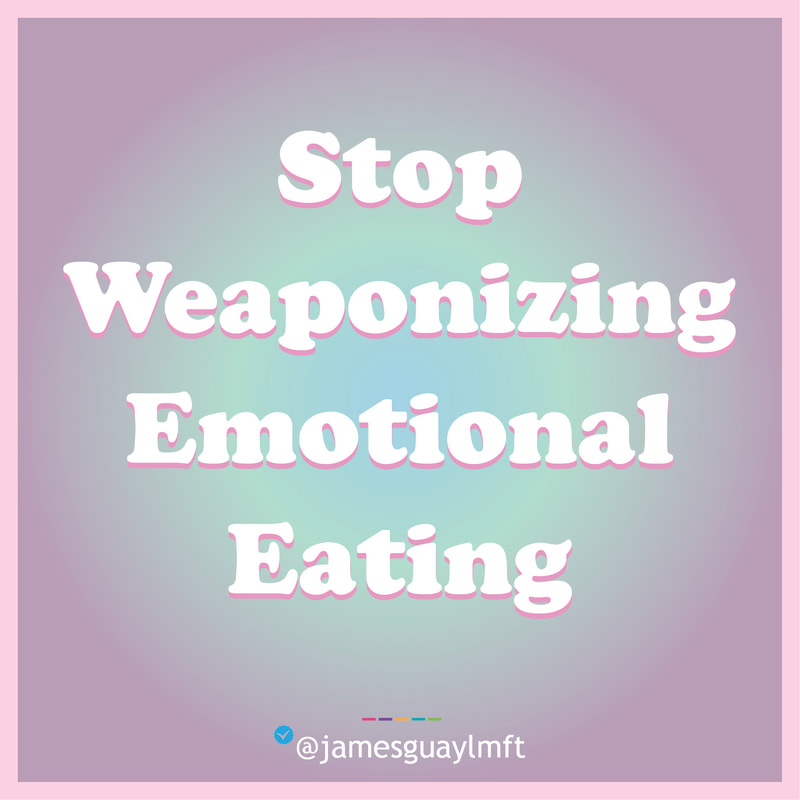
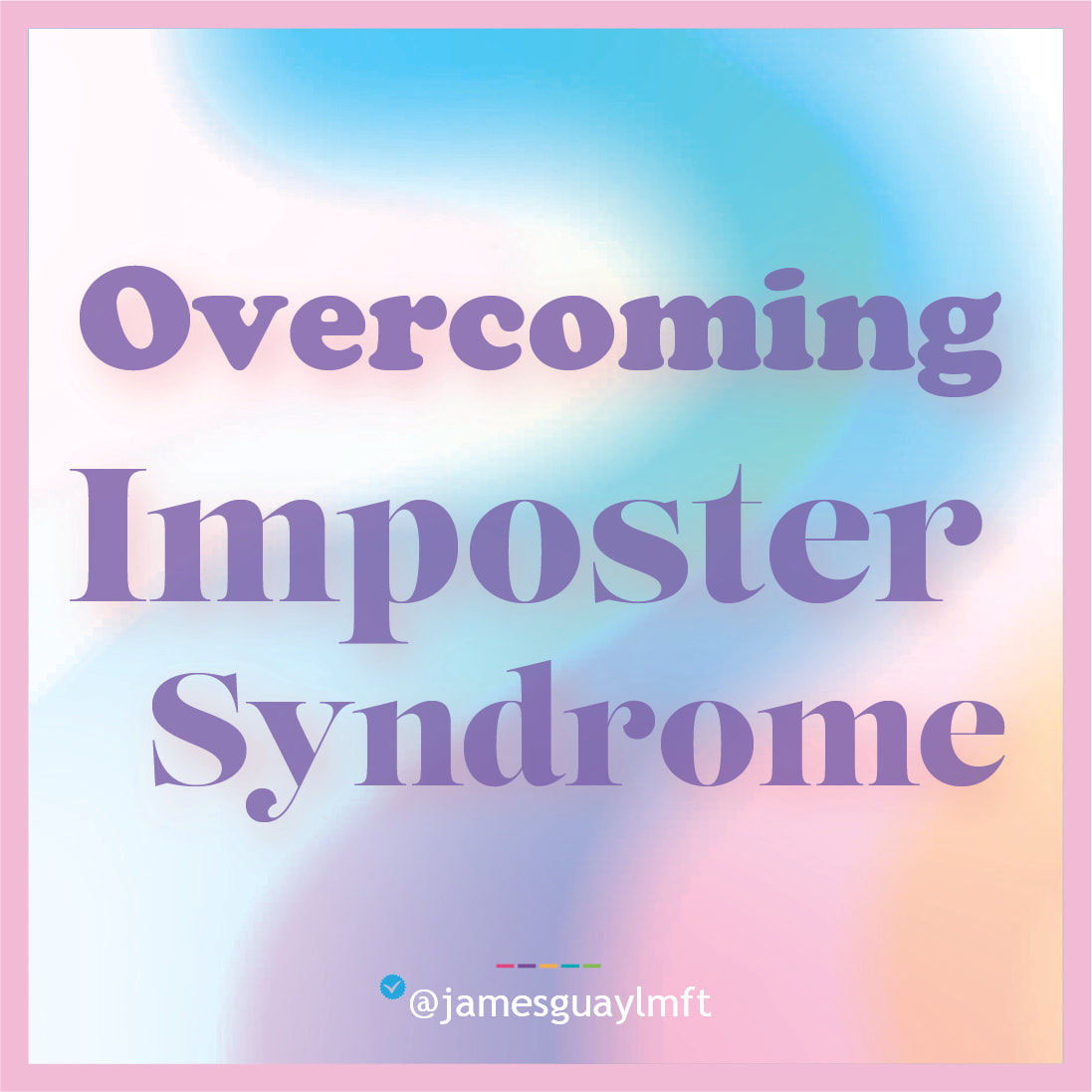
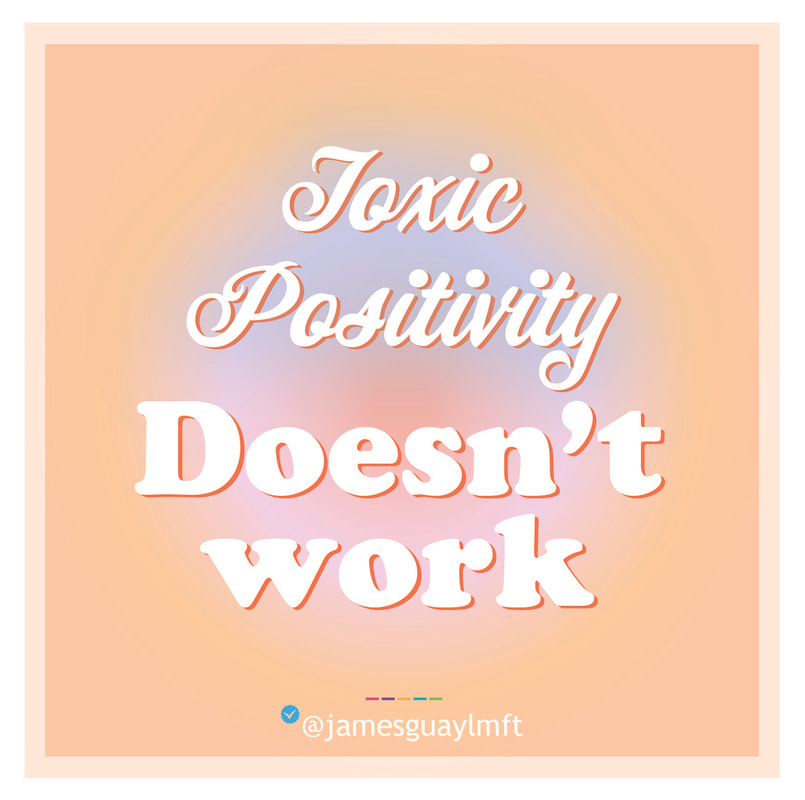
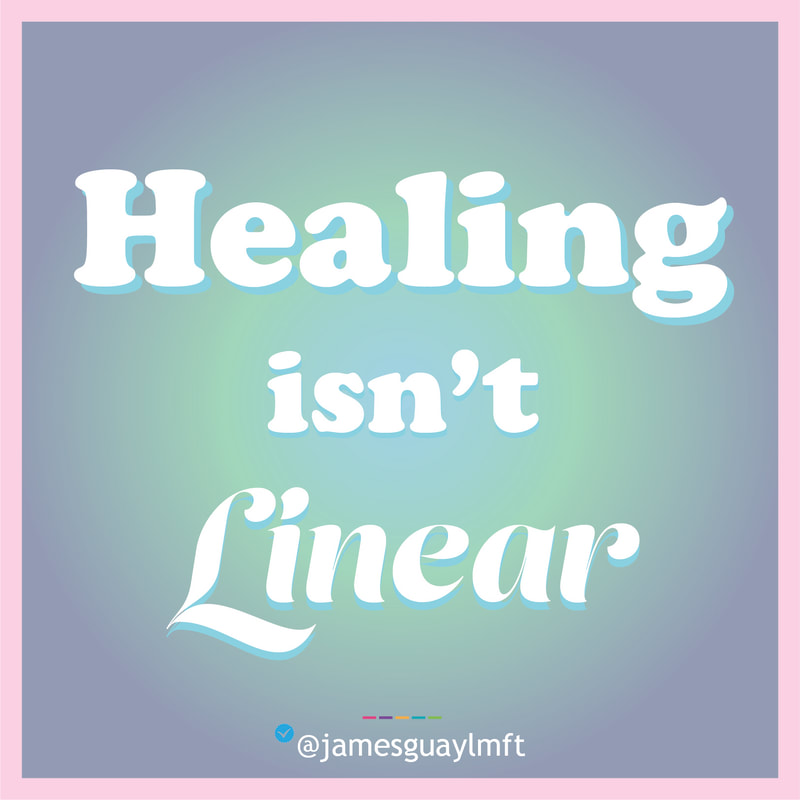
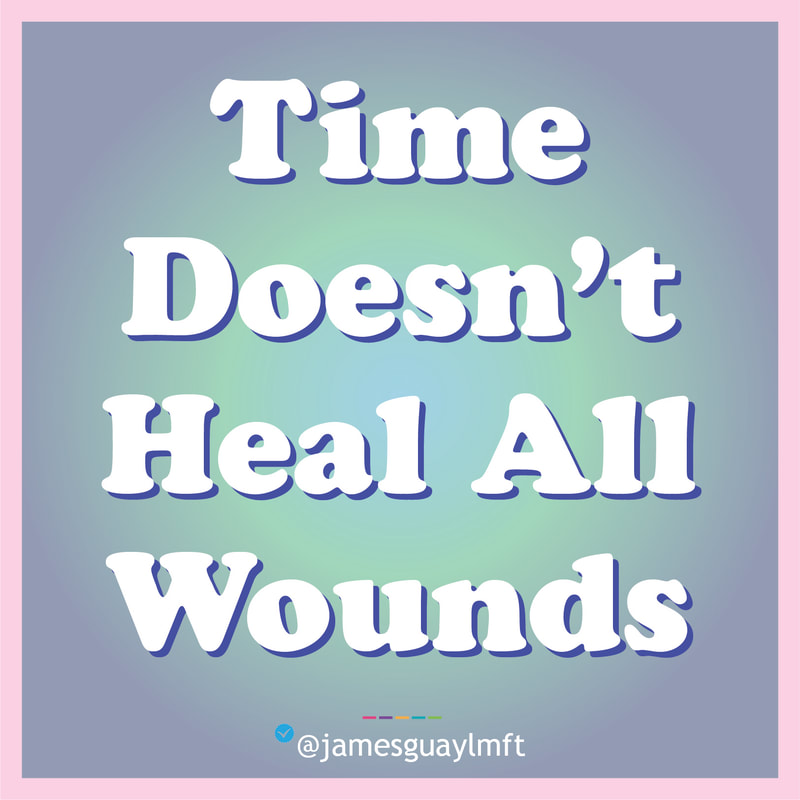
 RSS Feed
RSS Feed